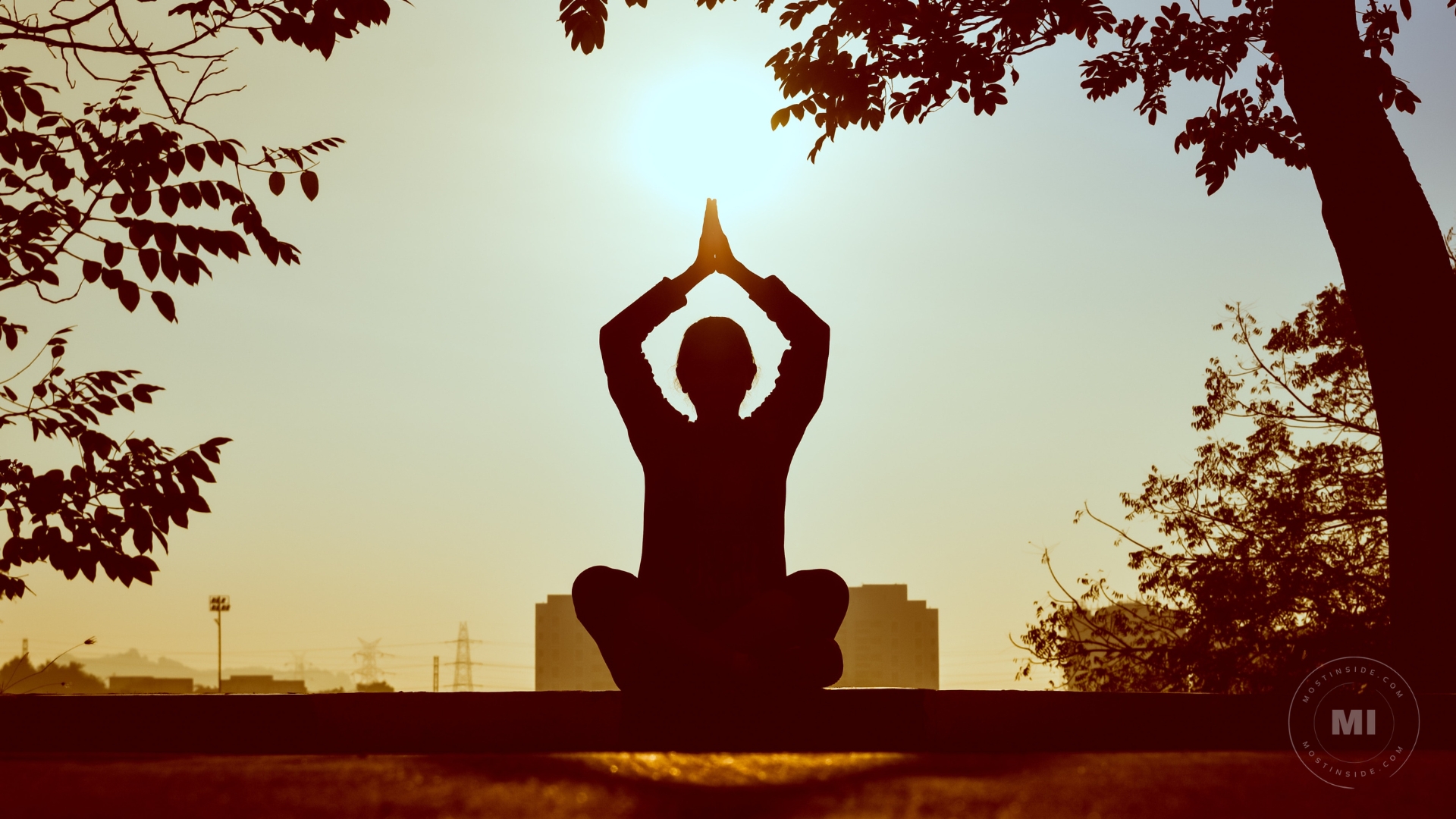Eight Steps You Can Take to Achieve Mental Peace

In today’s world, a peaceful and healthy mind can be your best friend, but you rarely get a chance to catch up with it. But it is not impossible. There are ways to achieve mental peace. You can feel more relaxed, confident, and stress-free. With a few tips and tricks, you can feel more compassionate and freer, ready to take on any trouble coming your way. From journaling to mediating to seeing a psychic, we present some steps you can take to achieve mental peace.
1. Create a quiet space to relax and calm your mind.
If you’re looking for an easy way to achieve mental peace, creating a quiet space in your home can be just the trick. You don’t need anything fancy—a large room with comfortable furniture is fine! The key is creating an environment that allows you to forget about everything else going on around you completely. This could mean turning off all electronics; lighting candles or incense; playing calming music, or even playing with pets.
2. Identify stressors
Stress is a natural part of life, so it’s important to understand what stresses you out and how to manage them. Once you know what triggers your stress, it becomes easier to avoid those situations in the future. You can take steps to address these stressors and reduce anxiety. You can consider visiting a Psychic for a Psychic Reading as it can help you find peace and clarity in your life. It can also be an opportunity to learn more about yourself and your past. It can provide you with a sense of relief and closure and can provide self-development and personal growth.
3. Maintain a journal
Journaling is an important part of achieving mental peace because it helps you process your thoughts and emotions so that they don’t build up inside you like a toxic stressor. When things get stressful or overwhelming, journaling can be a great way to let all those feelings out before they turn into anger or frustration at yourself or others. You can use journals or notebooks as long as they’re private and safe spaces where there’s no one around who might overhear what’s happening inside your head! Writing down everything from happy thoughts about your day at work to downright depressing feelings that resurface after watching another sad movie could help keep those negative emotions from taking over.
4. Go to a peaceful place for lunch
The best way to achieve mental peace is by taking time out of your busy day and enjoying something delicious, preferably with someone you love. You can do this anywhere: in the park, at the beach, or even just walking down your block and stopping at the corner store for some ice cream cones. If you’re feeling ambitious, take some time to explore one of these options locally before heading off on an adventure elsewhere!
5. Keep a gratitude list
Keeping a gratitude journal is an easy way to help you get into the habit of being grateful. Every morning, write down five things that you are grateful for. Don’t forget to include the little things that make your life easier and more enjoyable, like having food in your refrigerator or having enough money to pay bills. The more often we focus on what we have instead of what we want, the less likely it is that depression might take over our lives.
6. Spend time with nature
Spending time with nature is one of the best ways to bring yourself back to a state of mental peace. Whether it’s going for a walk in the park, running outside, or even just sitting by yourself with your thoughts, taking some time out of your day to be present will help you relax and think more clearly. You can also try doing something that makes you feel like you’re away from everything: like kayaking in an ocean or fishing in freshwater streams.
7. Get enough sleep
It is important to get enough sleep each night. Too little sleep can affect your ability to concentrate and make decisions, while too much may cause you to feel tired all day. Almost everyone knows that adults need seven or eight hours of sleep every night for their bodies and minds to function properly, but there are many factors that can influence this duration, including age, environment, job type, and lifestyle choices.
8. Meditate
You can’t control what happens to you, but you can control how you respond. You might think, “I don’t have time for yoga or meditation.” If that’s the case, then it’s time for some tough love: stop lying to yourself and accept that there is no such thing as too much time for self-care—it doesn’t exist! If you’re feeling stressed or anxious about something going on in your life right now, consider taking a few minutes each day to focus solely on breathing deeply and relaxing your body. This will help reduce stress levels overall in your life.
Conclusion
We hope that these tips will help you find some peace of mind. It may take time to get there, but we know that the benefits are worth it! Above everything else, be grateful for what is rather than worrying about what will be.
Recommended For You
7 Myths & Facts About Diabetes You Should Know
Most Inside
Most Inside offers high-quality recommendations and valuable updates to enhance all aspects of your life, providing premium guidance and enriching experiences.




